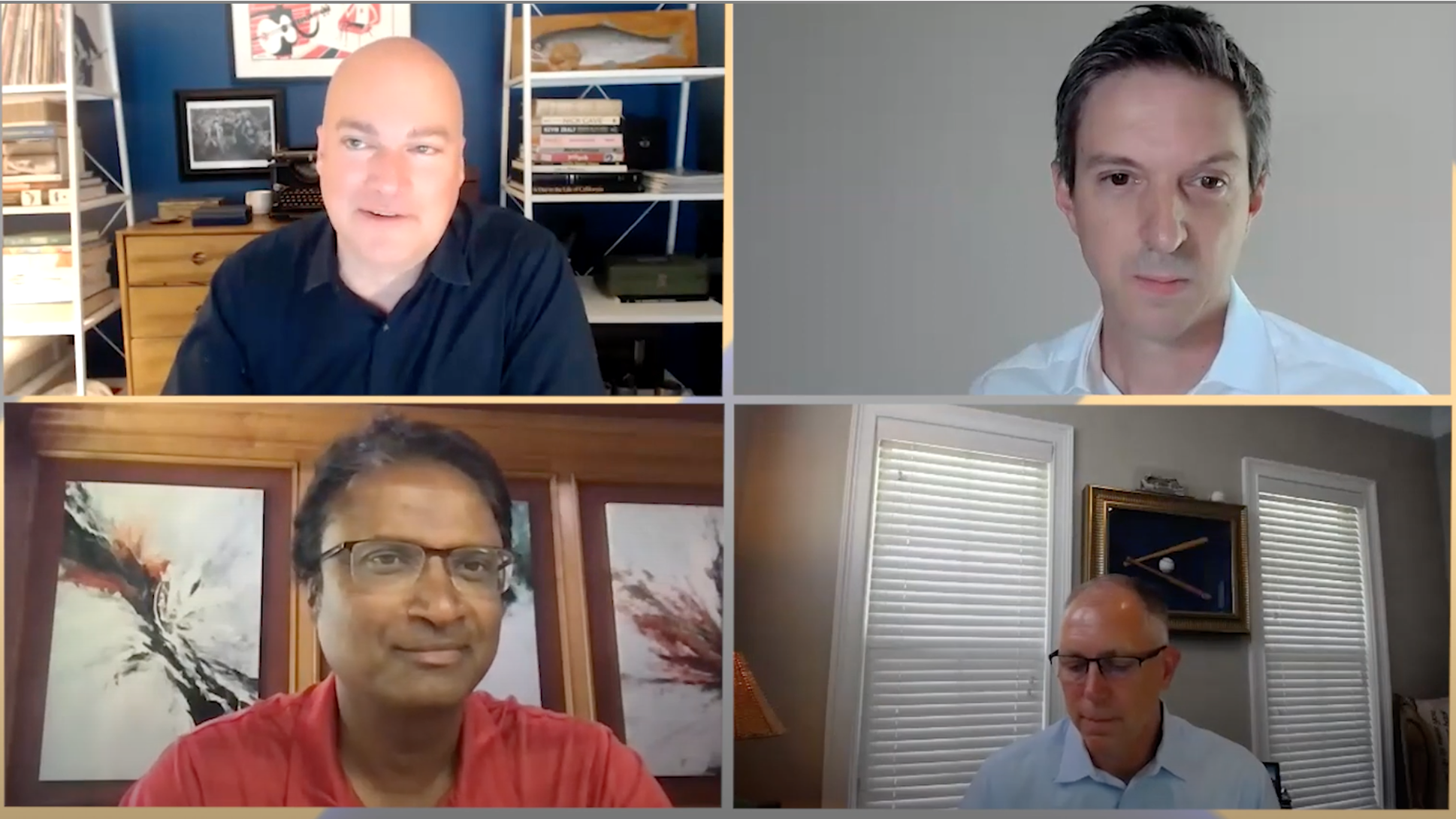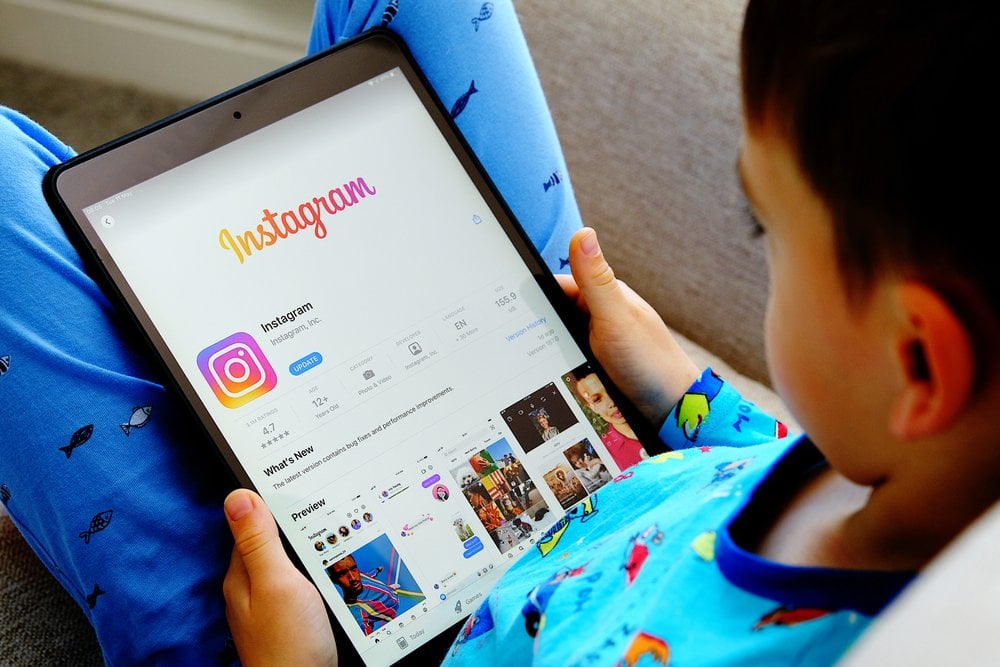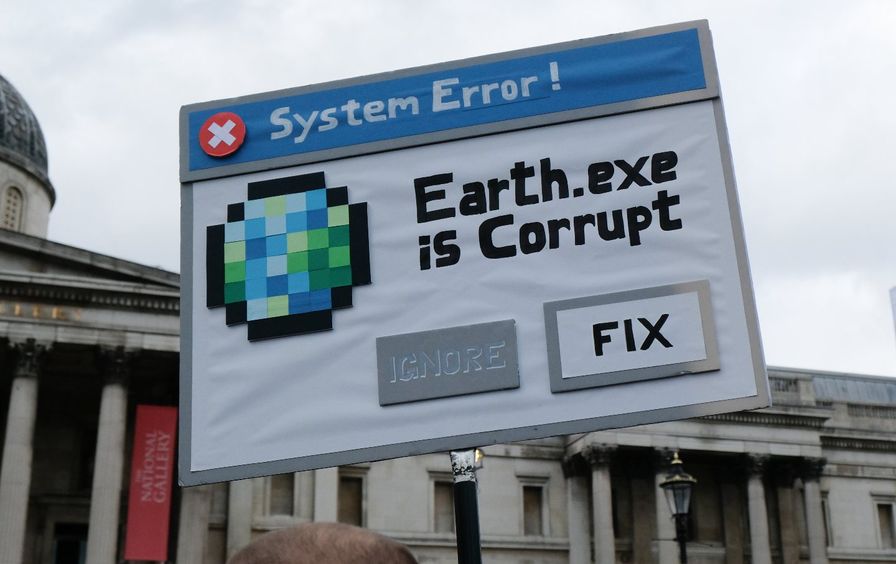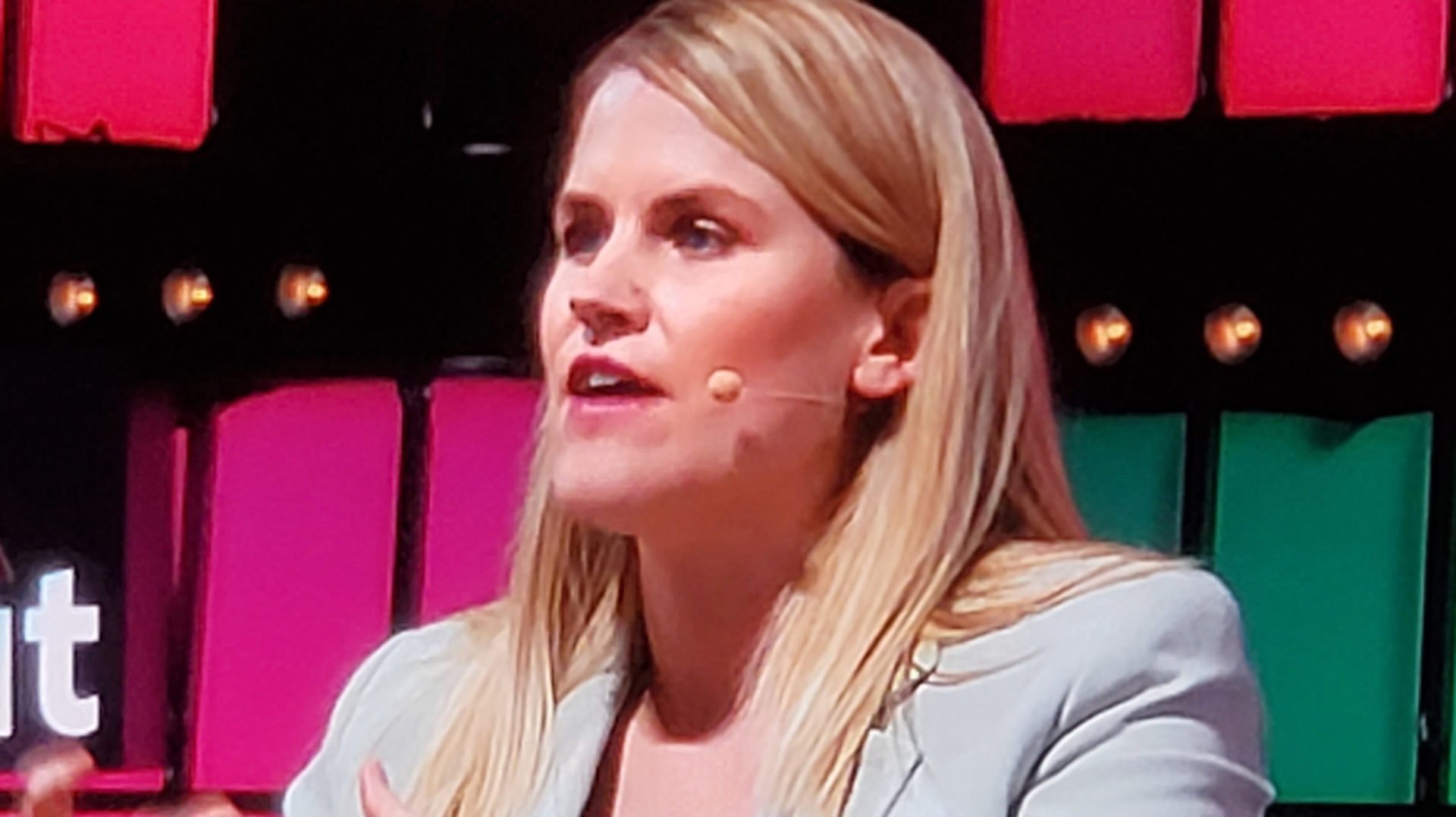Facebook is facing, finally, the historic moment that many of its critics, including me, have long expected. Its true customers–advertisers–are saying Facebook cannot continue to pretend to be “neutral” about dishonest and hateful speech. The resulting societal harm is too great. That opinion had already become something of a consensus for many influential societal actors, including government leaders in most democratic countries, human rights advocates, journalists who cover the company, and much of the public. Even many Facebook employees have come to agree.
But up until now, the most important and influential group had mostly kept silent. Facebook is a near-miraculous environment for advertisers large and small. Its ability to target users based on fine-grained information about their personality and preferences often yields extraordinary results for companies. That is the primary reason the company’s revenues have grown so quickly—in 2019 they exceeded $70 billion. That, unbelievably, is almost 10X what revenues were in 2013. And Facebook’s net margin last year was over 33%–meaning that for every dollar of revenue it kept 33 cents, after all expenses and taxes. Very few large companies have ever been so profitable.

That profit is because of Facebook’s success selling advertising. So if collective dissatisfaction among advertisers were to grow, the company’s response would inevitably be unlike its reaction to pushback from any other quarter. Since it has generally ignored all its other critics, those of us who feel it is genuinely harming society have reason to hope this time is different.
And a major movement has emerged. In mid-June a coalition of U.S. civil rights groups including the NAACP, the Anti-Defamation League, and Color of Change, organized in Stop Hate For Profit, called for advertisers to boycott the company for the month of July, in protest. A newspaper ad they purchased said Facebook “allowed incitement to violence against protesters fighting for racial justice in America in the wake of George Floyd, Breonna Taylor, Tony McDade, Ahmaud Arbert, Rayshard Brooks and so many others. They amplified white nationalists…[and] they turned a blind eye to blatant voter suppression on their platform.” The ad concluded with a message for Facebook: “Your profits will never be worth promoting hate, bigotry, racism, antisemitism and violence.” In a statement, Color of Change President Rashad Robinson said, “Facebook’s failure of leadership has actively stoked the racial hatred we see in our country and even profits off its proliferation.” That is a powerful and uniquely resonant accusation in this fraught moment.
Outrage has been growing in recent months and weeks as Facebook gave favorable treatment to incendiary posts from President Trump, and seemed generally to bend over backwards to accommodate rightwing speech, even if it contained falsehoods. Twitter, by contrast, attached warnings to several posts by the president, statements Facebook left unchanged. And the company has drawn widespread opprobrium by adopting an active policy, repeatedly defended by Mark Zuckerberg, that politicians are explicitly allowed to lie in paid advertising purchased on the platform. A group of outraged ex-employees wrote a protest letter to Zuckerberg, saying that Facebook “claims that providing warnings about a politician’s speech is inappropriate, but removing content from citizens is acceptable, even if both are saying the same thing. That is not a noble stand for freedom. It is incoherent, and worse, it is cowardly.”

[NOTE: THE FOLLOWING TWO PARAGRAPHS ARE UPDATED] At first, a number of important but generally smaller advertisers announced they would join the ad protest–including The North Face and REI, owned by VF Corp., as well as other youth-oriented outdoor goods brands including Patagonia, Eddie Bauer, and Arc’teryx, plus freelance platform Upwork, Magnolia Pictures, and, significantly, Ben & Jerry’s. The ice-cream maker is a subsidiary of global consumer goods giant Unilever. A digital ad agency for Unilever, 360i, part of global ad giant Dentsu, publicly endorsed the boycott, saying “Any social platform that earns profits by amplifying the voices of their community must have a zero tolerance policy for hate.”
Then the break out happened. On June 26 Unilever itself, the 33rd-largest advertiser on Facebook in the first quarter, pulled ads for all its brands indefinitely, and not just from Facebook and Instagram but from Twitter, too. “Continuing to advertise on these platforms at this time would not add value to people and society,” the company said in a statement. Meanwhile, telecoms giant Verizon, too, joined the movement. Verizon said it was stopping “until Facebook can create an acceptable solution that makes us comfortable.” Next came Coca-Cola, though the beverage giant confusingly said its 30-day suspension of all social media advertising was not connected to the Stop Hate for Profit campaign. [More listed at bottom.- 6/28] The momentum is really building.
The chief executive of the World Federation of Advertisers told the New York Times that this appears to be an “inflection point” for Facebook. Pressure is growing on other giant social media advertisers like Amazon, Samsung, and Procter & Gamble.
Mark Zuckerberg has insisted forever that Facebook was not a “media company.” But media companies like newspapers or television stations, for example, need to ensure that everything they carry reflects well on the company’s environment and brand. A key reason media companies do that is to maintain a safe environment for advertising. Zuckerberg instead says Facebook is a “neutral platform” that is committed to amplifying all voices, and thus bears little responsibility except in narrow cases mostly involving violation of the law.
But ultimately, a company that puts viewers in front of advertising to make money is unequivocally a media company. And those advertisers are finally, in this case, telling Facebook that yes, it really is that kind of media company, with the responsibilities that go with it.
We ordinary people, the users of Facebook, are often properly described as “the product.” We are what attracts the real customers, the advertisers. For any company, it is the paying customers who can most effectively demand change.
Facebook loves to say, as it did in this instance, that it still has “work to do,” to deal with hate speech and socially harmful behavior on its platform. Predictably, communications chief Nick Clegg told journalists this week “we need to do more,” and as usual bragged about “significant progress.”
Facebook ad chief Carolyn Everson issued a statement saying “Our conversations with marketers and civil rights organizations are about how, together, we can be a force for good.”
But to truly become a force for good, Facebook has to take a stand. There can be no truly neutral platform for speech. So what are its real values? Is it big enough to live up to this moment? Is it for protecting people, whatever the cost?
If this so-public company cannot answer that question sufficiently during today’s historic awakening regarding racial justice, many may begin to see companies that advertise on Facebook as tantamount to ones with a statue of Robert E. Lee on their front steps.
The Anti-Defamation League posted a further statement about why it has targeted Facebook on Thursday.
Some additional companies boycotting or suspending ads on Facebook or all social media, as of 6/28:
Birchbox, Diageo, Hershey’s, Honda, Lending Club, Levi’s, Pepsico, Starbucks
Not all of these have signed up to formally participate in #StopHateforProfit, but for a running list of those who have, see this page: https://docs.google.com/spreadsheets/d/1VSGhDwXm18yFf2BVCz0QJYFjCHrPhDuO-m5rCo0zoqI/edit#gid=0















